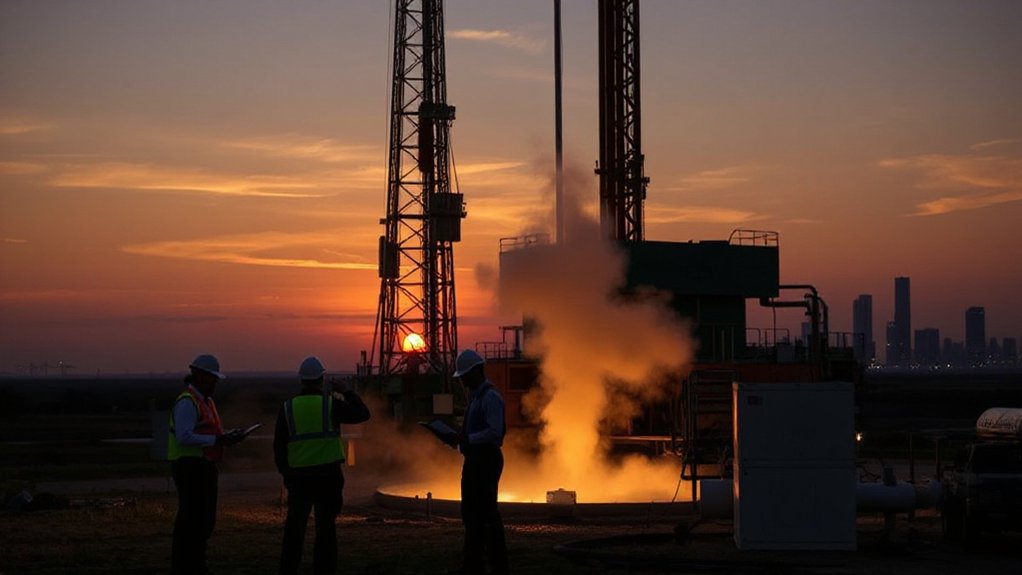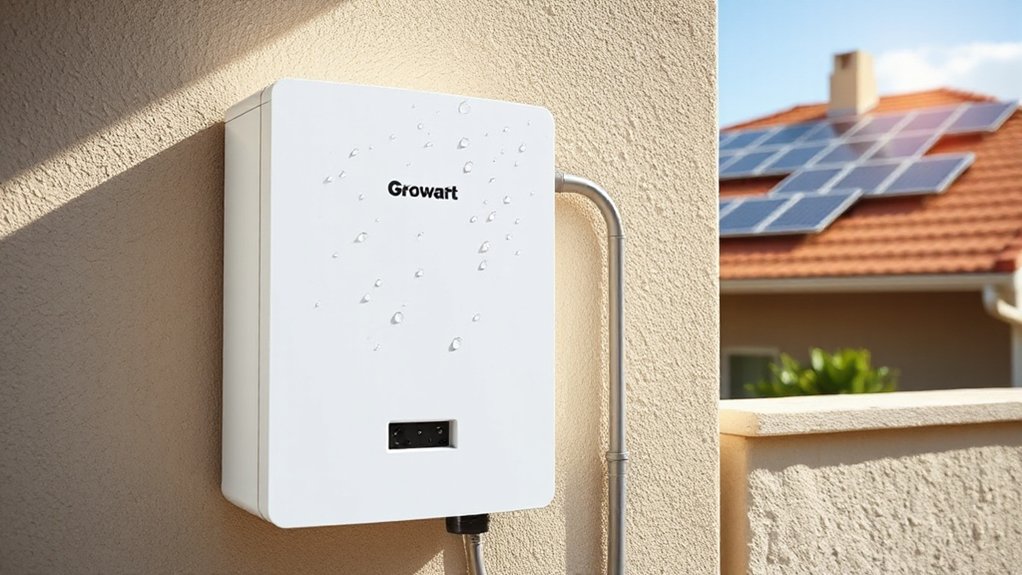Florida’s Senate is advancing SB 56, spearheaded by Senator Ileana García. The bill would ban all weather modification activities, including cloud seeding and chemical injections. Violators face steep $10,000 fines—up from the current $500 penalty. Critics say it’s solving a non-existent problem; Florida hasn’t practiced cloud seeding in 50 years. The paranoia isn’t unique though. Eight other states have similar legislation. The full story reveals an interesting post-hurricane political response.
As Florida grapples with hurricane recovery and climate anxieties, the state Senate has moved forward with a bill that would ban weather manipulation across the Sunshine State. The legislation, SB 56, was introduced by Senator Ileana García, a Miami Republican, and is scheduled for committee discussion next March when the 2025 legislative session kicks off.
The bill doesn’t mess around. It flat-out prohibits “geoengineering and weather modification activities,” including cloud seeding and those mysterious chemical injections conspiracy theorists love to blame for “chemtrails.” Not that Florida’s been messing with the weather lately. The state hasn’t practiced cloud seeding in almost 50 years. Go figure.
SB 56 would replace Florida’s current weather modification licensing system—yeah, that’s been a thing since 1957—with an outright ban. Violators would face fines up to $10,000, a significant jump from the current $500 slap on the wrist. That money would help clean up air pollution. Seems fair.
Under the proposed bill, Florida would swap its decades-old weather tinkering permits for a complete ban—with beefed-up fines to boot.
The timing isn’t coincidental. After the brutal 2024 hurricane season, rumors spread like wildfire that someone, somewhere was manipulating these monster storms. Scientists roll their eyes at this notion. Climate change is the real culprit intensifying hurricanes, not some shadowy weather controllers.
Florida isn’t alone in this weather modification paranoia. Eight other states have introduced similar bills since 2023, with Tennessee actually passing its ban earlier this year. It’s become quite the legislative trend.
Critics argue the bill solves a problem that doesn’t exist while potentially hampering legitimate climate research. Meanwhile, actual scientists point out that contrails are just water vapor, not chemical “chemtrails,” and that geoengineering techniques remain largely unproven anyway. The bill would also establish a state reporting system for residents to voice concerns about suspected weather manipulation activities. The bill would also repeal the requirement for Florida’s Department of Environmental Protection to conduct research on weather modification technologies.
If passed by both chambers and signed by the governor, the law would take effect July 1, 2025. Until then, Floridians will have to settle for Mother Nature’s unmodified, increasingly unpredictable weather patterns. Lucky us.









